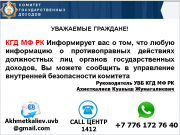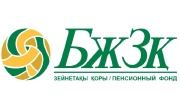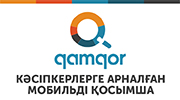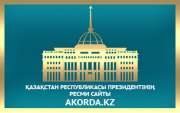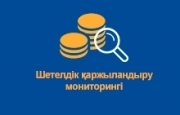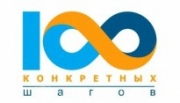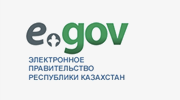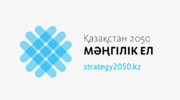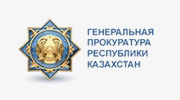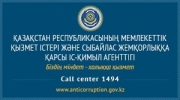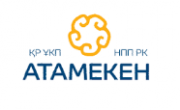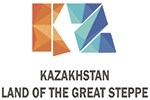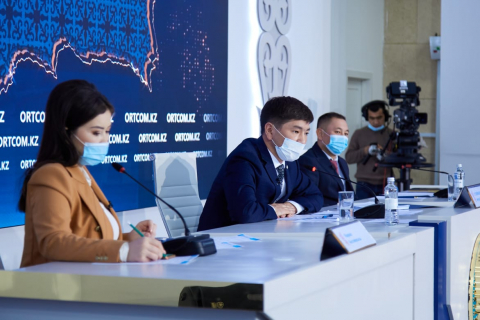
Subsoil users provide revenues of up to 35% of the republican budget and 99.9% of the National Fund, i.e. they are one of the main donors of the country. This was announced at a press conference in the CCS by the director of the Department of Large taxpayers of the SRC, Anuar Suleimenov.
The specifics of taxation of subsoil users both in the world and in our country are very unique, and according to Production Sharing Agreements, they are also provided with stability of the tax regime at the date of conclusion of such Agreements.
At the same time, it is important to note that violations of tax legislation by subsoil users mainly include:
1) multi-stage structurally developed complex schemes;
2) attempts to evade taxation by loose interpreting the norms of the Tax Code in their favor.
These violations are extremely different from other taxpayers, whose violations mainly include interaction with wildcat ventures.
In this regard, an intensive approach has been chosen for tax monitoring and tax audits of subsoil users, i.e., there is a constant shift from quantitative to qualitative analysis, which uses a wide range of tax control tools, which include:
1) thorough study of the production process of the enterprise;
2) close cooperation with industry and international authorized bodies;
3) analysis of subsurface use contracts and production reports;
4) analysis of financial statements;
5) comparison of financial indicators and costs incurred with subsoil users who have similar conditions for the development of the field;
6) constant monitoring of the media for the identification of risky operations;
7) and other.
This approach allows concentrating forces in the right direction, which gives its positive results. For example, as a result of these measures, in 2021 alone, the SRC managed to find about 100 billion tenge of additional reserves to the budget.














